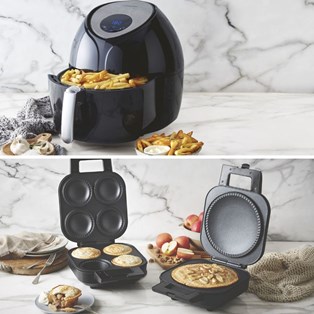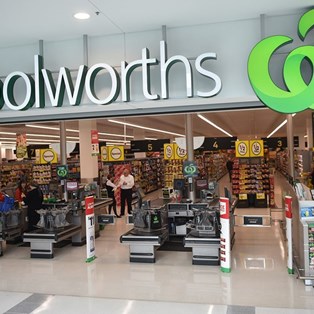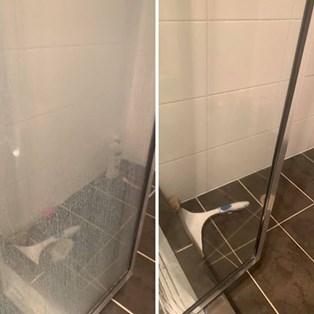Coronavirus: how clean is your supermarket shopping?
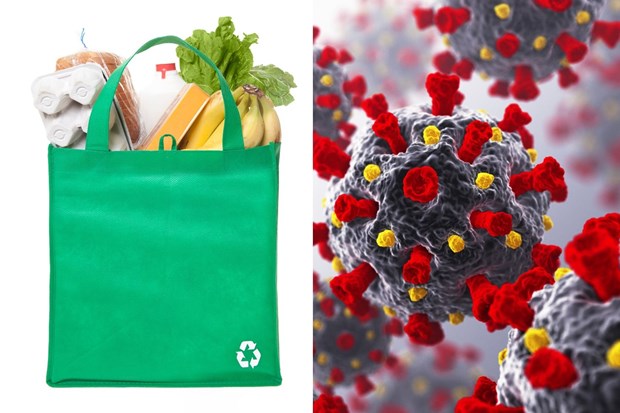
Safety measures to avoid bringing COVID-19 into your kitchen.
Shoppers are advised to wash their hands and use antibacterial gel before and after entering their local supermarket.
We’ve all been told to use their trolley as a guide for social distancing.
But what about your grocery items? How many people have touched your shopping items before you have?
COVID-19 can live on cardboard for 24 hours and on plastic and stainless steel for up to a staggering three days.
Emergency doctor Dr Javid Abdelmoneim and virologist Dr Lisa Cross explain just what you should be doing once you bring your grocery items into your house.
Watch the must-see video below
Dr Cross explains that items coming in from outside the house could have the virus on it. She explains: “We have to go back yo first principals really hear. It is an items that is coming in from the outside so could have the virus on it.”
The experts shared the precautions we all should follow on the UK show ‘How Clean is your House’.
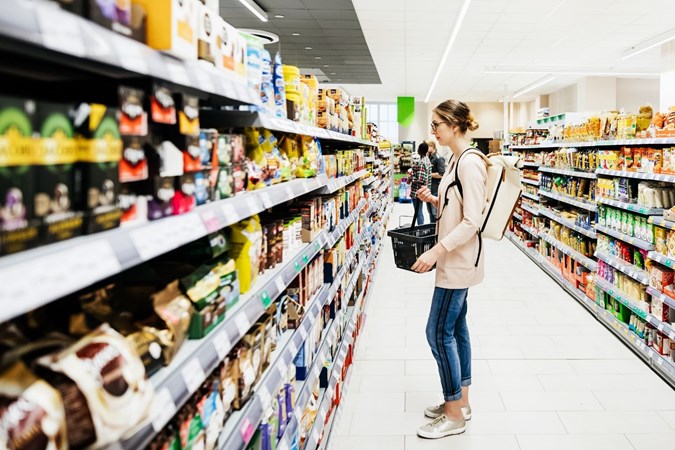
COVID-19 can live on cardboard for 24 hours and on plastic and stainless steel for up to a staggering three days.
How long can coronavirus survive on surfaces?
Cardboard: up to 24 hours
Stainless steel: up to 2-3 days
Plastics: up to 2-3 days
Watch: 7 simple steps to prevent the spread of Coronavirus








